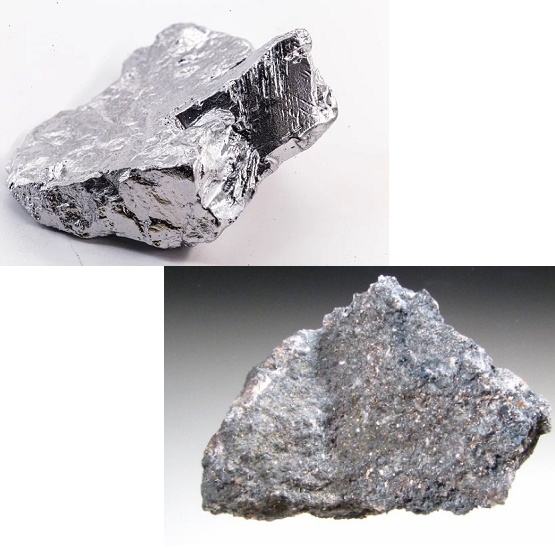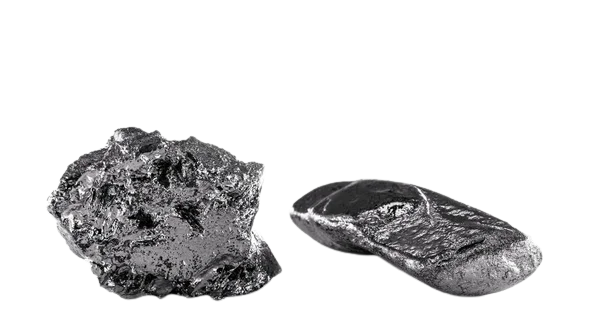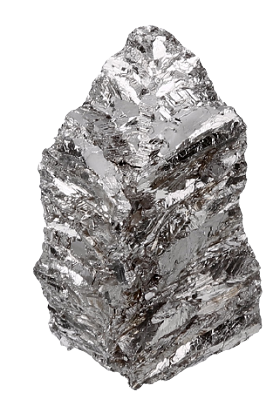Cobalt & Bismuth Import Export
Cobalt and bismuth are both minor metals with a market presence in India. Here is an overview of the market and import-export data for these metals:
Cobalt:
Cobalt is a crucial component in rechargeable batteries used in various industries, including electric vehicles and electronics. India imports most of its cobalt from the Democratic Republic of Congo, China, and Finland.
In 2020, India imported around 1,900 metric tons of cobalt, which was valued at around $82 million. The major exporters of cobalt to India were the Democratic Republic of Congo, China, and Finland.
Bismuth:
Bismuth is used in various industries, including pharmaceuticals, cosmetics, and alloys. India imports most of its bismuth from China, Germany, and the United States.
In 2020, India imported around 40 metric tons of bismuth, which was valued at around $220,000. The major exporters of bismuth to India were China, Germany, and the United States.
Both cobalt and bismuth are essential metals for various industries, and their demand is likely to increase as industries such as electronics, electric vehicles, and pharmaceuticals continue to grow. However, the import-export data for these metals is subject to change based on various factors such as global market trends, supply-demand dynamics, and government regulations.



Cobalt & Bismuth
Cobalt and bismuth are both minor metals that have various uses in different industries. Here are some of their most significant uses:
Cobalt:
Rechargeable Batteries: Cobalt is a crucial component in rechargeable batteries used in various industries, including electric vehicles and electronics.
Aerospace: Cobalt alloys are used in the aerospace industry due to their high strength, toughness, and resistance to corrosion and high-temperature environments.
Medical Devices: Cobalt alloys are also used in medical devices such as orthopedic implants, dental prosthetics, and surgical instruments.
Super Alloys: Cobalt-based superalloys are used in gas turbines for power generation, oil and gas exploration, and aerospace applications.
Bismuth:
Pharmaceuticals: Bismuth is used in various pharmaceuticals, including antacids and anti-diarrheal drugs.
Cosmetics: Bismuth is used in cosmetics to provide a pearlescent effect and improve adhesion.
Alloys: Bismuth is used in alloys with other metals, including lead, tin, and cadmium, to create low melting point alloys that are used in various applications such as soldering.
Nuclear Reactors: Bismuth is used as a coolant in nuclear reactors because of its ability to absorb neutrons.
Overall, both cobalt and bismuth have essential uses in various industries, and their demand is likely to continue to grow as these industries continue to expand.
